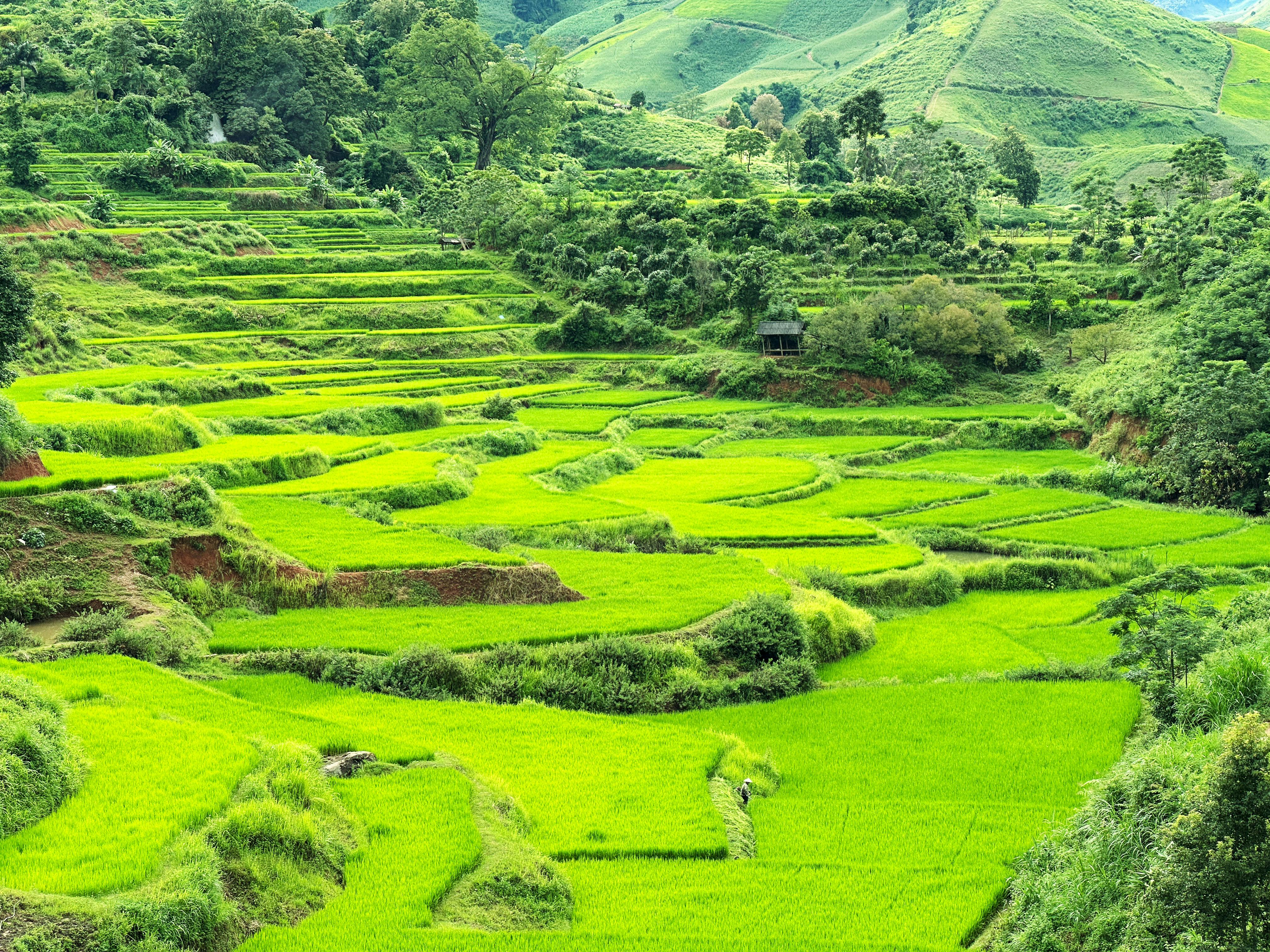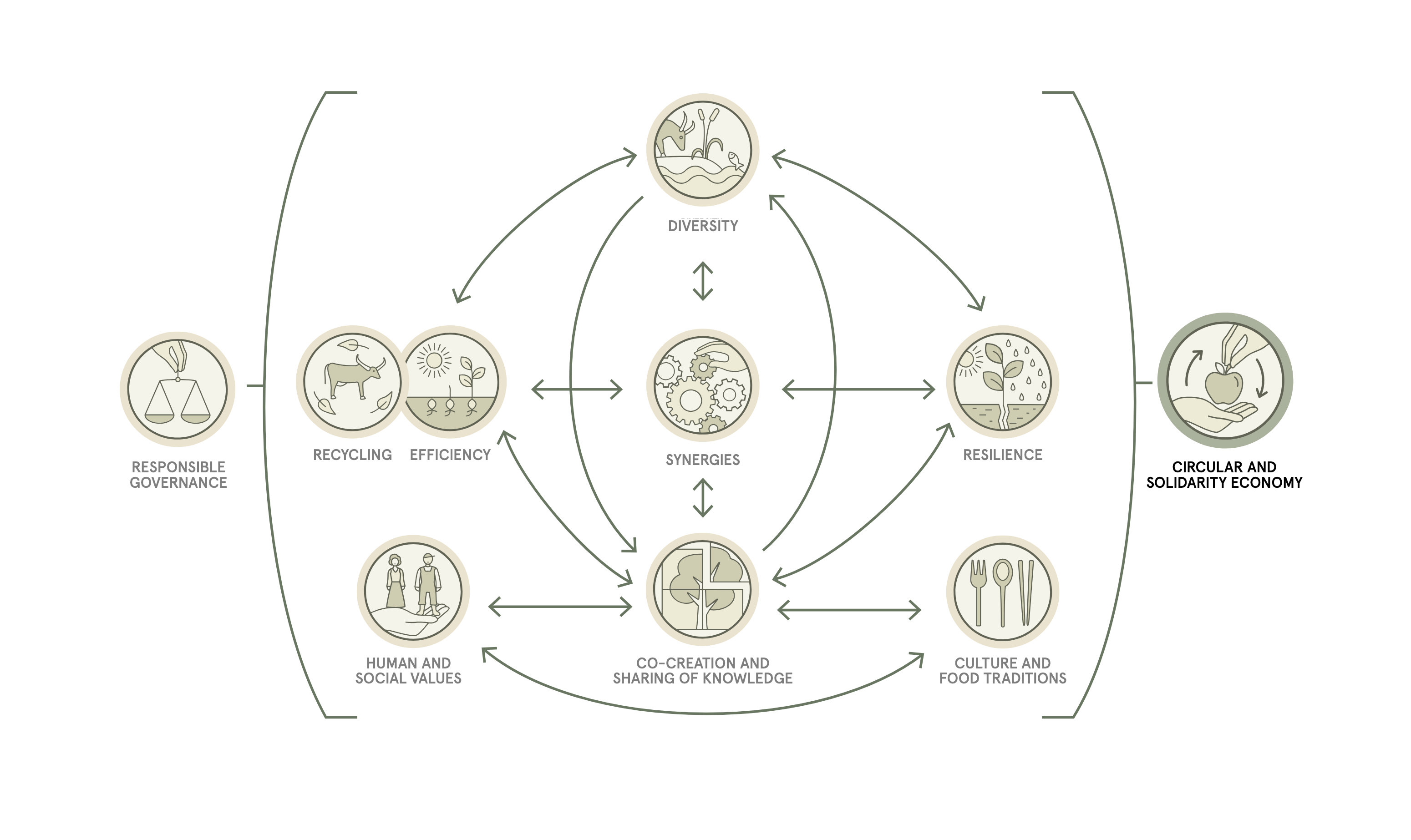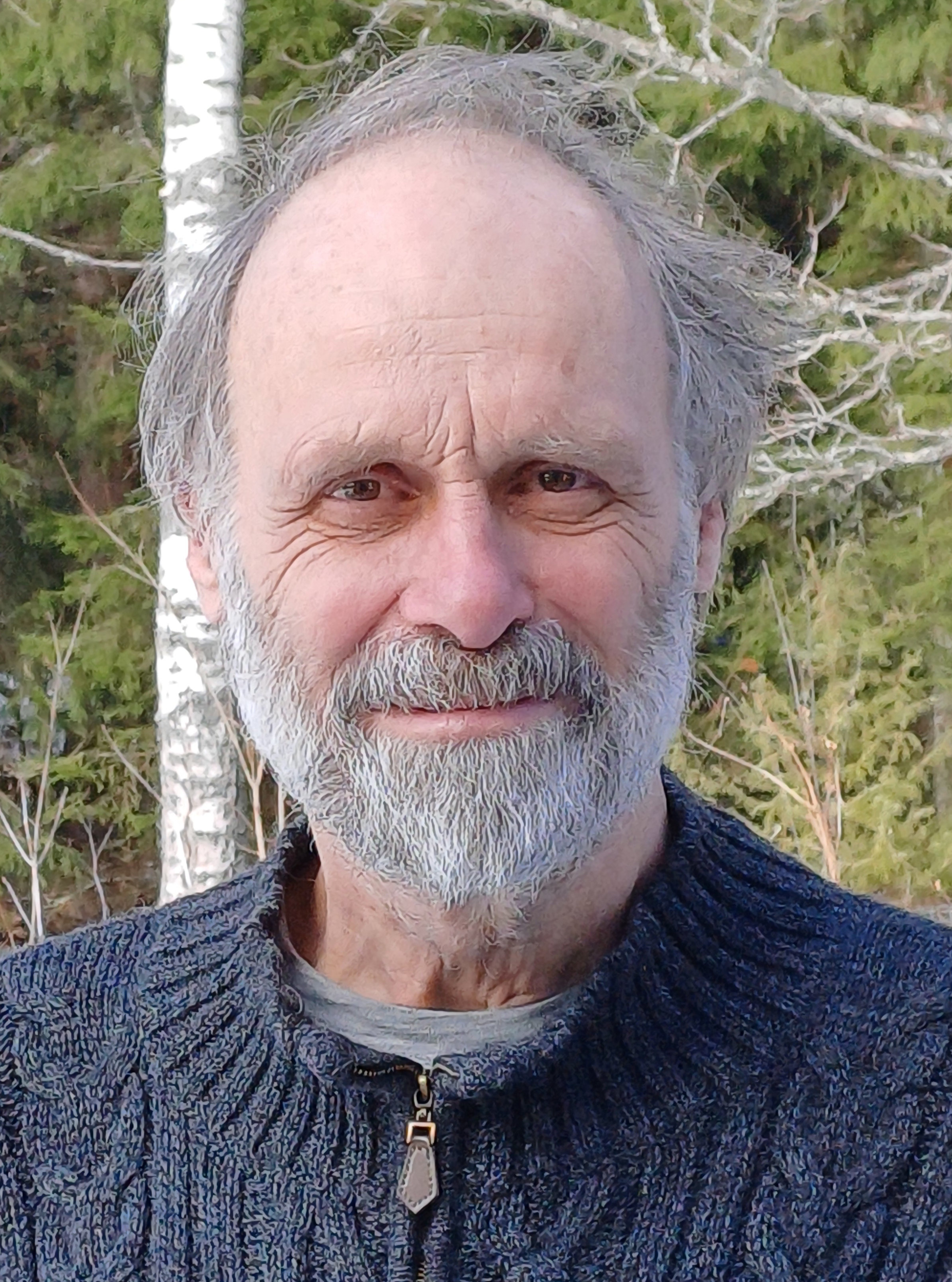

Stats4SD is committed to the principles of agroecology. It does not believe that agriculture and food production should be about extracting reserves from nature and replacing them in an unbalanced manner, leading to a low-level equilibrium that depends on fossil fuels. Instead, we believe that the world needs to find ways of transforming farming systems to become sustainable, creating a high-level equilibrium where stocks of natural assets are restored.
We support this work by contributing to efforts to change the way that people do research. We aim to create better research processes and outcomes for agroecology practitioners, including farmers and other stakeholders. We are also involved in initiatives to share knowledge and provide appropriate data systems and platforms for this work.
We work closely with the following organisations:

10 Elements of Agroecology of the FAO
Stats4SD is actively involved in supporting its partners to think about appropriate and innovative research methods for agroecology. Some examples of the work we are doing are:
To learn more about how we can help you, please contact:

Adviser - Research Methods

Adviser - Research Methods
Ric advises our project teams, partners and clients on designing and planning research, mainly in sub-Saharan Africa. He has many years of experience in supporting research relating to food, agriculture and the natural environment, with a focus on agroforestry and agroecology. He is an expert in experimental design, farmer-centred research, systems approaches and assessment. Ric has been part of the research methods support programme for the McKnight Foundation’s Global Collaboration for Resilient Food Systems (CRFS) since 2009, and is a member of the CRFS leadership team. Before working with Stats4SD, Ric was a lecturer in applied statistics at the University of Reading. He also works with CIFOR-ICRAF (World Agroforestry Centre), supporting research teams with methods.

Managing Director

Managing Director
Carlos leads Stats4SD and advises partners and clients on complex research design and robust methodologies in the context of sustainable development. With over 30 years’ experience, Carlos specialises in quantitative methods, participatory action research and mixed methods. He is passionate about transdisciplinary research that combines scientific rigour with local knowledge. He works on empowering communities to produce and use evidence to guide change, with a focus on knowledge co-creation to support agroecology, farmer research and food systems transformation. He is part of the leadership team of the McKnight Foundation’s Global Collaboration for Resilient Food Systems (CRFS). Before founding Stats4SD in 2016, he worked for 21 years at the Statistical Services Centre, University of Reading.